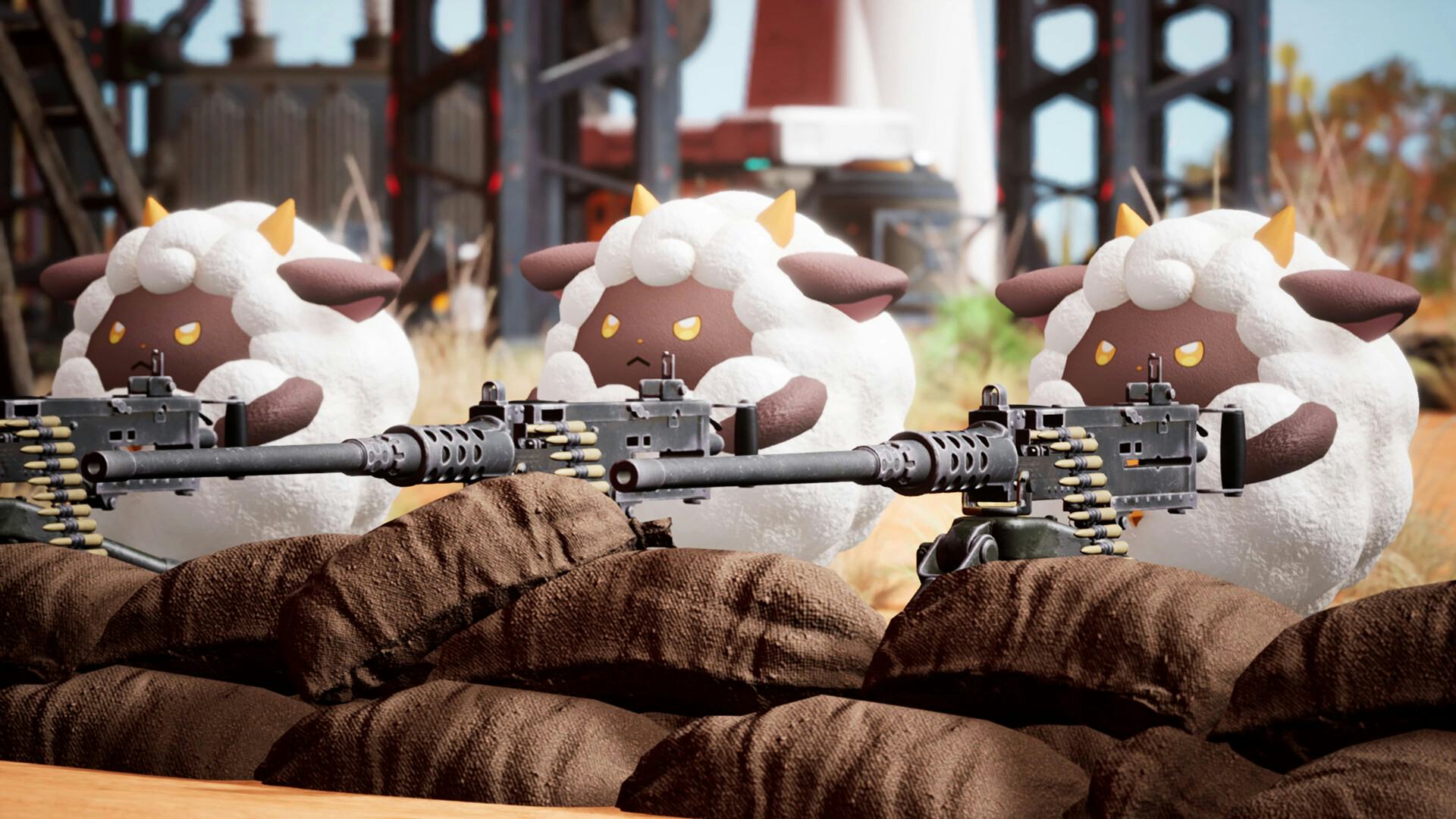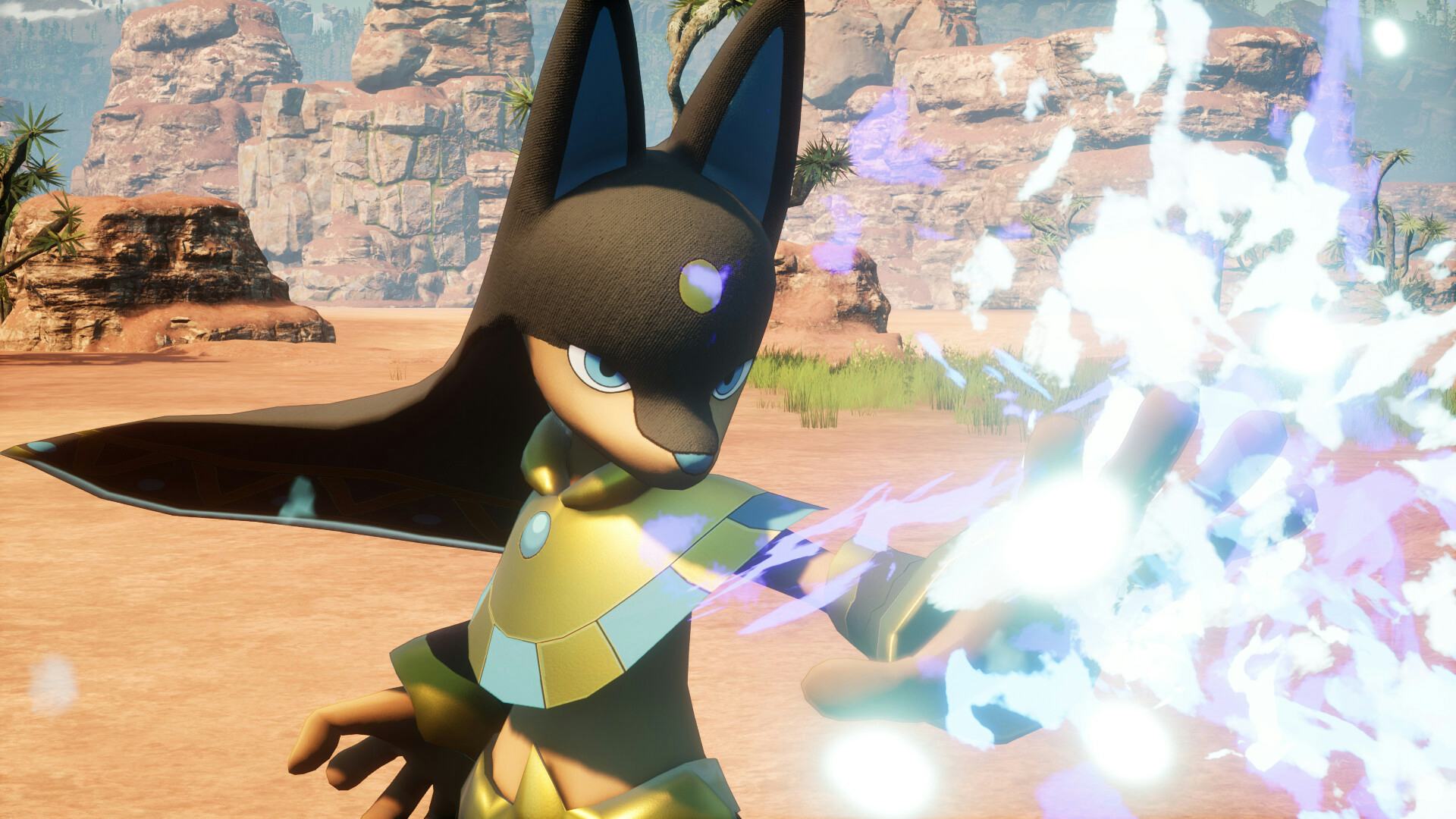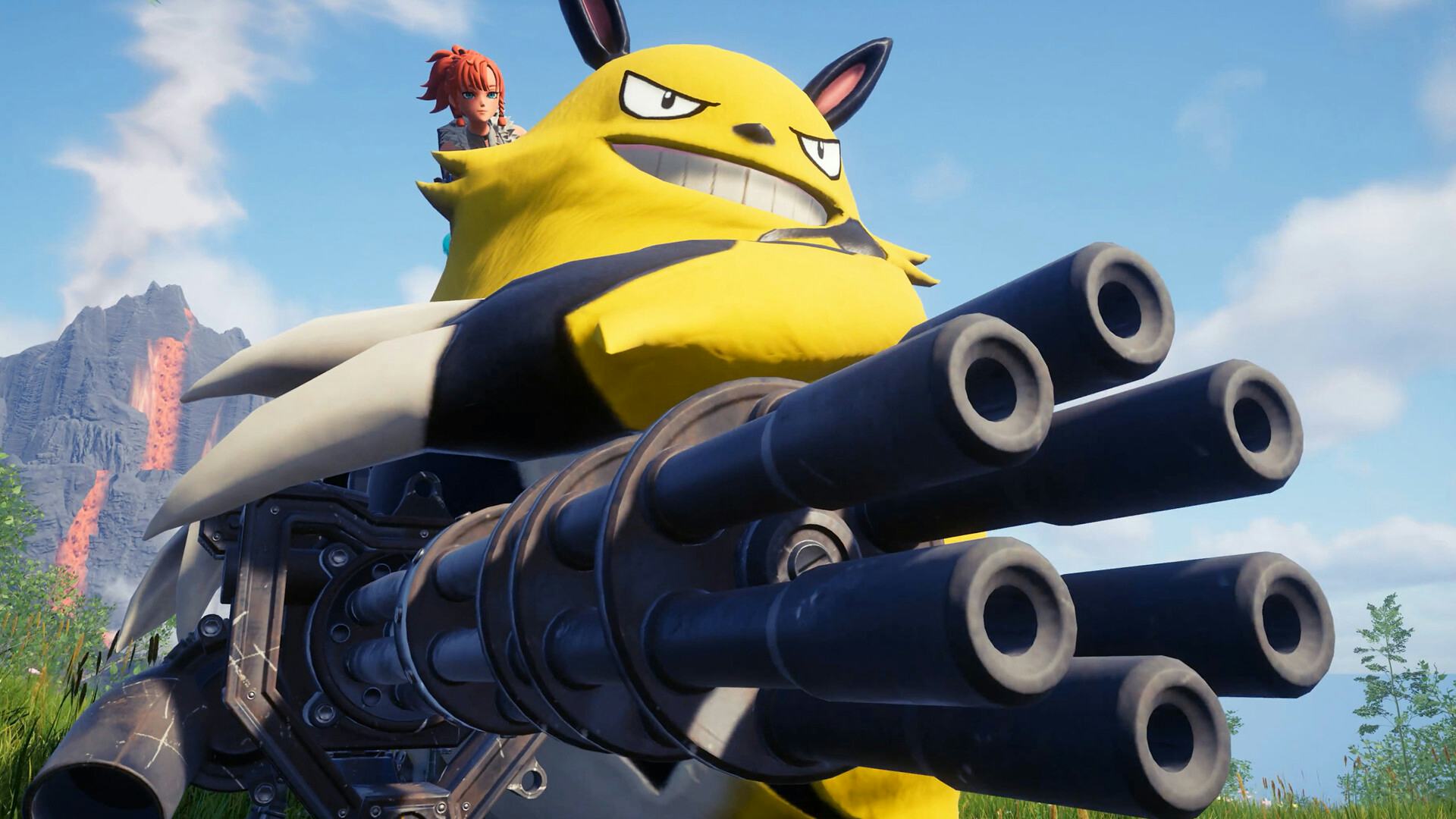
When monster-catching indie game Palworld launched to breakout success earlier this year, it seemed like it was only a matter of time before Nintendo launched a lawsuit over its resemblance to Pokémon. Now, just when developer Pocketpair was likely convinced the hammer would never drop, Nintendo and The Pokémon Company have filed suit, alleged that Palworld infringes an undisclosed patent.
Nintendo and The Pokémon Company announced on Wednesday night that they had filed suit against Pocketpair in Tokyo District Court.
Nintendo and Pocketpair did not immediately respond to Inverse’s request for comment.
“This lawsuit seeks an injunction against infringement and compensation for damages on the grounds that Palworld, a game developed and released by the Defendant, infringes multiple patent rights,” Nintendo said in a press release.
“At this moment,” Pocketpair responded, “we are unaware of the specific patents we are accused of infringing upon, and we have not been notified of such details.”
Reporter Stephen Totilo shared on social media that Nintendo filed a patent on “a video game character throwing an item to catch a monster while out in the field.” The patent was filed in the U.S. in 2021 and in Japan in 2023. Since Palworld features a similar mechanic, this could be the patent that Nintendo and The Pokémon Company are suing over, though there’s been no confirmation of that from either party.

Pocketpair emphasizes its status as an indie studio fighting against one of the largest companies in gaming, and frames its opposition as a fight to continue to “bring joy to millions of gamers around the world.”
“It is truly unfortunate that we will be forced to allocate significant time to matters unrelated to game development due to this lawsuit,” Pocketpair says. “However, we will do our utmost for our fans, and to ensure that indie game developers are not hindered or discouraged from pursuing their creative ideas.”
When Palworld was announced and around its release in January 2024, Pocketpair was widely criticized for the game’s resemblance to Pokémon, and it’s easy to see why. The game has widely been referred to as “Pokémon with guns,” thanks to its monster-catching gameplay and the close similarity between many of its creature designs and those found in Pokémon. Around Palworld’s release, The Pokémon Company even said that it was looking into any potential intellectual property rights violations, without mentioning Palworld specifically.
While Nintendo may have legal grounds to sue Pocketpair — its lawyers certainly seem to think it does — the lawsuit isn’t likely to get much support even from diehard Pokémon fans. Nintendo has a history of litigiousness that’s led it to get many beloved fan projects taken down for using the company’s intellectual property. Around Palworld’s release, it even shut down a mod that replaced the game’s monsters with Pokémon after its creator shared footage of it in action online.

But this current suit is about patent infringement, which may be an even thornier issue than copyright. Just as it’s gone after anyone who uses its brand in unlicensed projects, Nintendo has patented many gameplay mechanics to keep them from being used by other developers. When it was working on Tears of the Kingdom, for instance, Nintendo patented the technique that allows Link to pass through a surface overhead and reappear on top of it, along with multiple other mechanics. That means those ideas can’t be used in other games. Patents on mechanics are particularly contentious with players, with two of the most notorious examples being a Namco patent that prevented other developers from inserting minigames into loading screens, and Warner Bros. patenting Shadow of Mordor’s Nemesis system then doing very little with the system itself.
Ultimately, Nintendo doesn’t need players to like its legal tactics to succeed. Regardless of its image of bullying indie developers, the company is in no real danger of hurting its reputation enough to impact sales. The most surprising parts of the lawsuit may actually be that it took so long to happen and that it’s not aimed at Palworld’s monster designs so closely resembling Pokémon.







